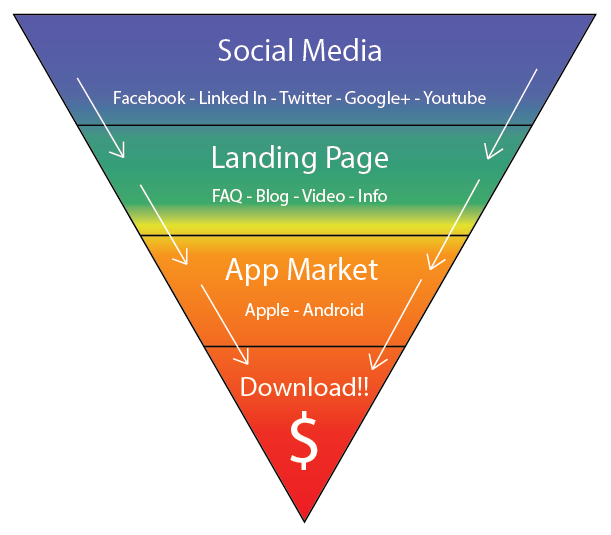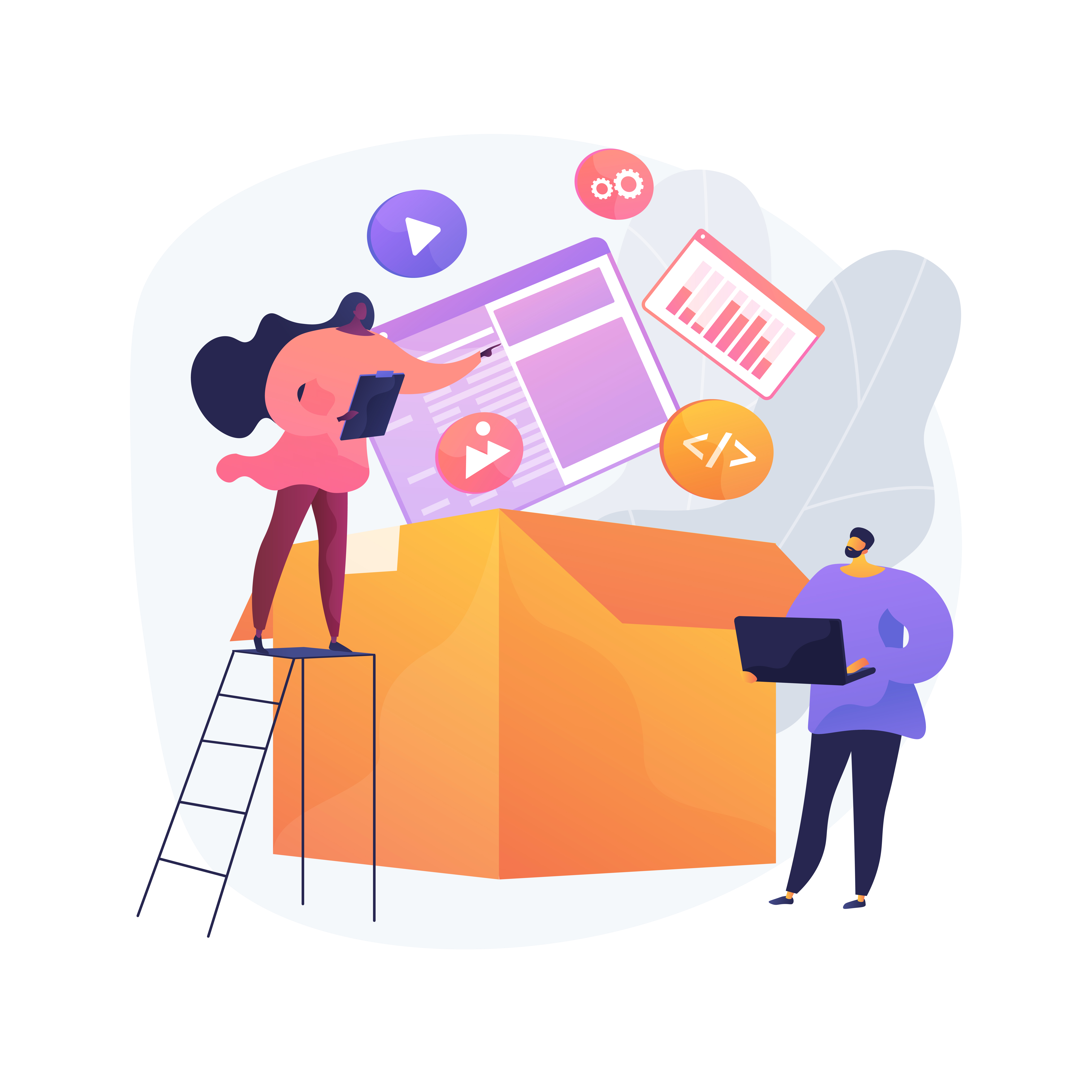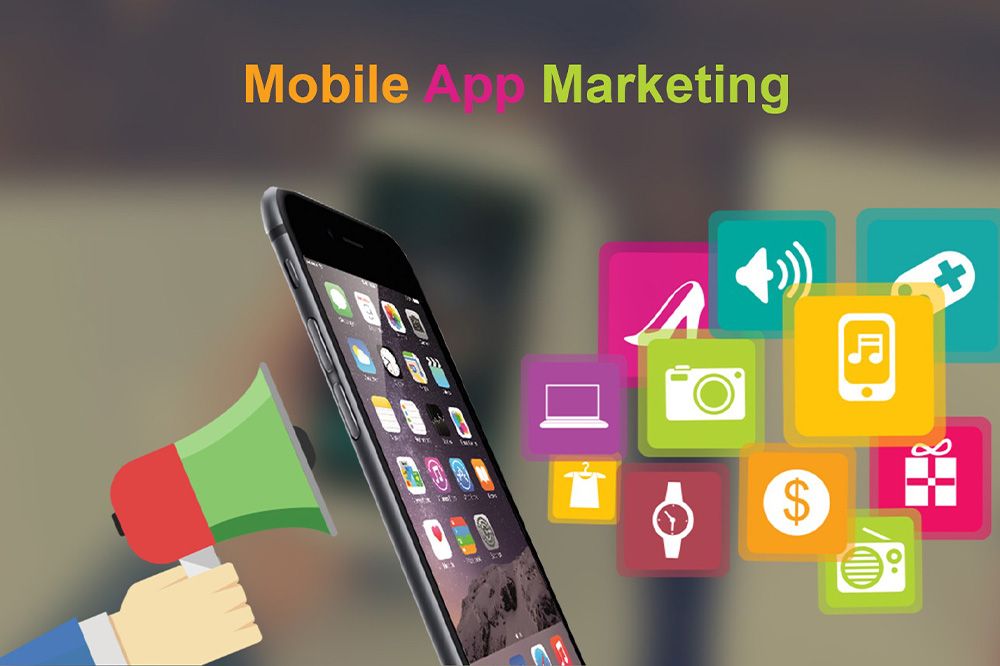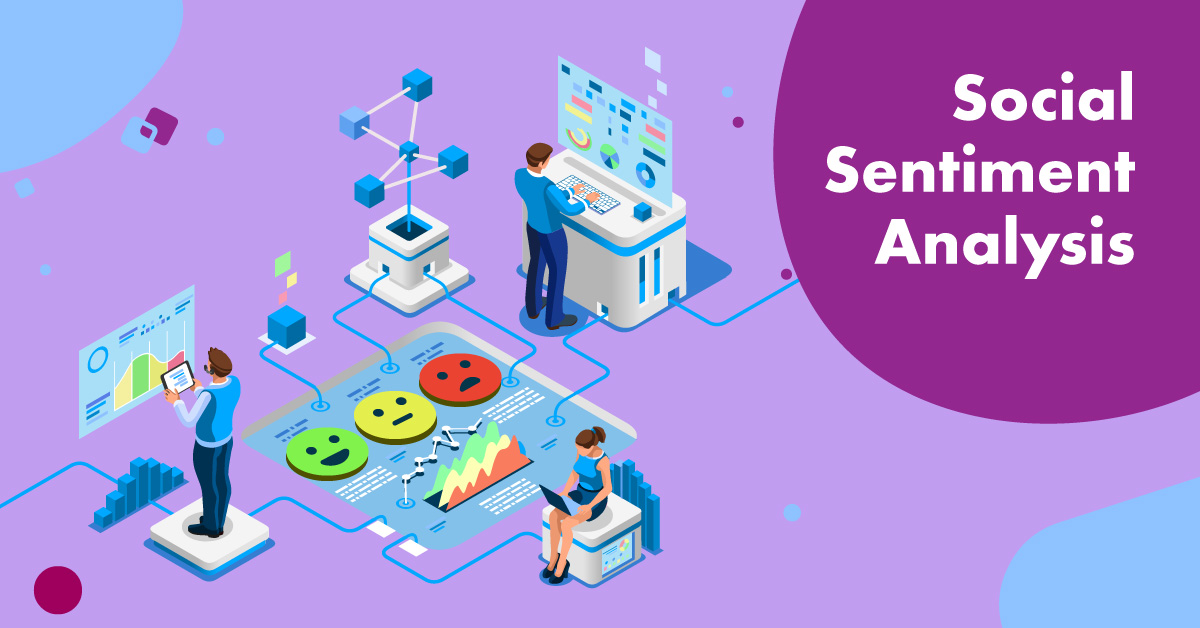It doesn’t matter what business you’re in and what industry that enterprise falls under, there have been a few historical bumps in what were once traditional business cycles that have changed the game forever. With a new batch of catch phrases like the new normal and disruptive technologies dotting the post 2008 business landscape, businesses both big and small have been left to rely on innovation and technology like never before to pad their bottom lines. At no time before has technology played such a central role as one of the biggest drivers of the push to capture new geographic and generational markets.
Consider this. A large chunk of the world’s population uses the Internet. In fact, three billion people which is almost 40% of the world’s population is online and a full 80% of those users own a smartphone. There are other numbers from Smart Insights.com and similar resources that all point to the new digital tsunami in mobile that you need to stay on top of if you want to ride the wave to new sales, either with the millennials in your target market or a whole new group in the developing world. There’s a modern funnel developing as websites are under increasing pressure to make themselves mobile friendly, and the gateway to that world of information, or the vanguard for that information, is increasingly becoming the mobile app. Research analysts IDC report there will be 982 million smartphones shipped by the end of this year. In turn, that will mean app downloads will rise to 184 billion within the next four years.
Disruptive Technology Set Loose

Disruptive technologies are innovations that significantly impact the way we live and work, often by creating new markets, industries, or ways of doing things. They can be incredibly beneficial, but they also come with challenges and risks.
Here are some of the potential benefits of disruptive technologies:
Increased efficiency and productivity: Disruptive technologies can automate tasks, improve communication and collaboration, and make it easier to access information and resources. This can lead to increased efficiency and productivity in businesses, organizations, and even our personal lives.
New products and services: Disruptive technologies can create entirely new products and services that meet unmet needs or desires. This can lead to increased innovation and economic growth.
Improved quality of life: Disruptive technologies can improve our quality of life in many ways, such as by providing us with better healthcare, education, and communication tools.
However, there are also some potential challenges and risks associated with disruptive technologies:
Job displacement: Disruptive technologies can automate tasks that were previously done by humans, which can lead to job displacement. This can be a major challenge for workers and communities, and it is important to have policies in place to help workers transition to new jobs.
Inequality: Disruptive technologies can exacerbate inequality, as those who have access to the latest technologies will be at an advantage. It is important to ensure that everyone has access to the benefits of disruptive technologies.
Privacy and security concerns: Disruptive technologies can raise new privacy and security concerns. It is important to have strong laws and regulations in place to protect our privacy and security.
Overall, disruptive technologies have the potential to be incredibly beneficial, but they also come with challenges and risks. It is important to be aware of both the benefits and the risks so that we can make informed decisions about how to use these technologies.
Mobile Apps funnel the Internet

It's true that mobile apps do play a significant role in how we access and interact with the internet, but it's more nuanced than simply "funneling" it. Here's a breakdown of their impact:
Funneling Aspects:
Curated access: Apps provide a focused experience, presenting specific information and functionalities aligned with their purpose. This can be seen as filtering the broader internet into a more manageable stream.
Centralized control: Platforms like app stores act as gatekeepers, influencing what apps and information are available to users. This can sometimes limit access to diverse perspectives and information sources.
Algorithmic control: Many apps use algorithms to personalize content and recommendations, potentially creating "filter bubbles" and limiting exposure to different viewpoints.
Beyond Funneling:
Expanding access: Mobile apps have brought the internet to billions of people who wouldn't have access otherwise, bridging the digital divide.
New forms of interaction: Apps offer unique ways to engage with information and services, often exceeding the capabilities of traditional websites.
Innovation and competition: The app landscape fosters innovation and competition, leading to a wider variety of tools and experiences.
Mobile tipping point
Statistics point to the fact the move toward mobility and away from the desktop is well past the tipping point. The amount of time Americans are spending online using mobile devices is 51% whereas the time they spend on desktop devices has dropped to 42 percent according to eMarketer 4/15 ( 2011-2015). The implication here is different from the early days of ecommerce when industry experimented with social media as a business tool but was not convinced there was a substantial ROI to be had. Mobile is a juggernaut that’s spreading across the North American continent and other parts of the developing world (Morgan Stanley Research reports the number of mobile users surpassed desktop users sometime between 2013 and 2014 ) and the business that wants to stay on the cutting edge needs to get onboard with the mobile app.
Benefits of mobile apps in insurance:
Increased convenience and accessibility: Customers can manage their policies, file claims, and contact agents 24/7 from their mobile devices, saving time and effort.
Improved communication and engagement: Real-time notifications, chat functions, and personalized content can enhance communication between customers and insurers.
Streamlined processes: Apps can automate tasks like payment processing and claim filing, making them faster and more efficient.
Data-driven insights: By analyzing app usage data, insurers can gain valuable insights into customer behavior and preferences, allowing them to personalize offerings and improve overall service.
Challenges and considerations:
Security and privacy concerns: Protecting sensitive customer data is crucial, and apps need robust security measures in place.
Digital divide: Not everyone has access to smartphones or reliable internet connections, so it's important to ensure alternative options are available.
User experience: Apps should be user-friendly and intuitive to navigate, especially for older or less tech-savvy demographics.
Overall, mobile apps can be a powerful tool for transformation in the insurance industry, but it's important to implement them strategically and responsibly, considering both the benefits and challenges.
Learning Curve
While there’s always a learning curve in the beginning, the goal of the developers is to make an app that will make the user’s online experience easier. It stands to reason the best of these applications take this into account. They understand the nature of today’s online consumer and how these folks expect an interactive experience in everything they encounter on the Internet.
Aalap Shah is another one of these professionals who works with IT generally, social media specifically and understands the importance of mobile apps for success in today’s cybermarkets. He says that some of the bigger companies like United Airlines and Starbucks have already blazed a trail by offering mobile apps that give clients all the preferences they want, as well as locations, rewards and offers you might not otherwise get. Shah is the cofounder of the Chicago Social Media Agency, SoMe Connect, and he’s been following the rise of mobile apps for some time.
“The app that has a compelling offer is the one that gets my attention,” he says noting apps that engage people through great content and provide something unique that’s tied to a favorite brand with specific rewards are the ones that separate themselves from the competition.
“A good example would be a toy store that notices I’m buying toys for a three-year old and offers suggestions or discounts.”
He says small to medium businesses should be enticing prospects by interacting with the local neighborhood or the city and town where they are located, even going so far as to ask their customers what they want in an mobile application that suits their purposes.
Technological Thrust" is a fairly broad term, so to understand what you're looking for, I need some more context. Could you please clarify what you'd like to know about "Technological Thrust"? Are you interested in:
Specific examples of current technological advancements that are driving progress in different fields? (e.g., artificial intelligence in healthcare, renewable energy solutions, advancements in space exploration)
The impact of technological advancements on society and the economy? (e.g., job displacement due to automation, the rise of the gig economy, the digital divide)
The ethical considerations surrounding technological development? (e.g., privacy concerns, algorithmic bias, the potential for misuse of technologies)
The future of technology and its potential to solve global challenges? (e.g., climate change, poverty, disease)
Something else entirely?
Still not convinced in the need for a well designed business app? If you’re still thinking you can get by without this icing on the cyberbusiness cake, remember the fact Smart Insights reports that a full 80% of Internet users own a smartphone and each one of those devices represents a possible sale if you entice them with the right mobile app.
For more information contact : support@mindnotix.com
Mindnotix Software Development Company


 AI-Taxi App
AI-Taxi App AI-Food App
AI-Food App AI-Property Mgmt App
AI-Property Mgmt App AI-CRM
AI-CRM AI-Fantasy App
AI-Fantasy App
 Web Development
Web Development App Development
App Development Business & Startup
Business & Startup Hire Developer
Hire Developer
 Digital Marketing
Digital Marketing Lead-generation
Lead-generation Creative Agency
Creative Agency Branding Agency
Branding Agency Augmented Reality
Augmented Reality Virtual Reality
Virtual Reality Internet of Things
Internet of Things Artificial Intelligence
Artificial Intelligence Blockchain
Blockchain Chatbot
Chatbot



